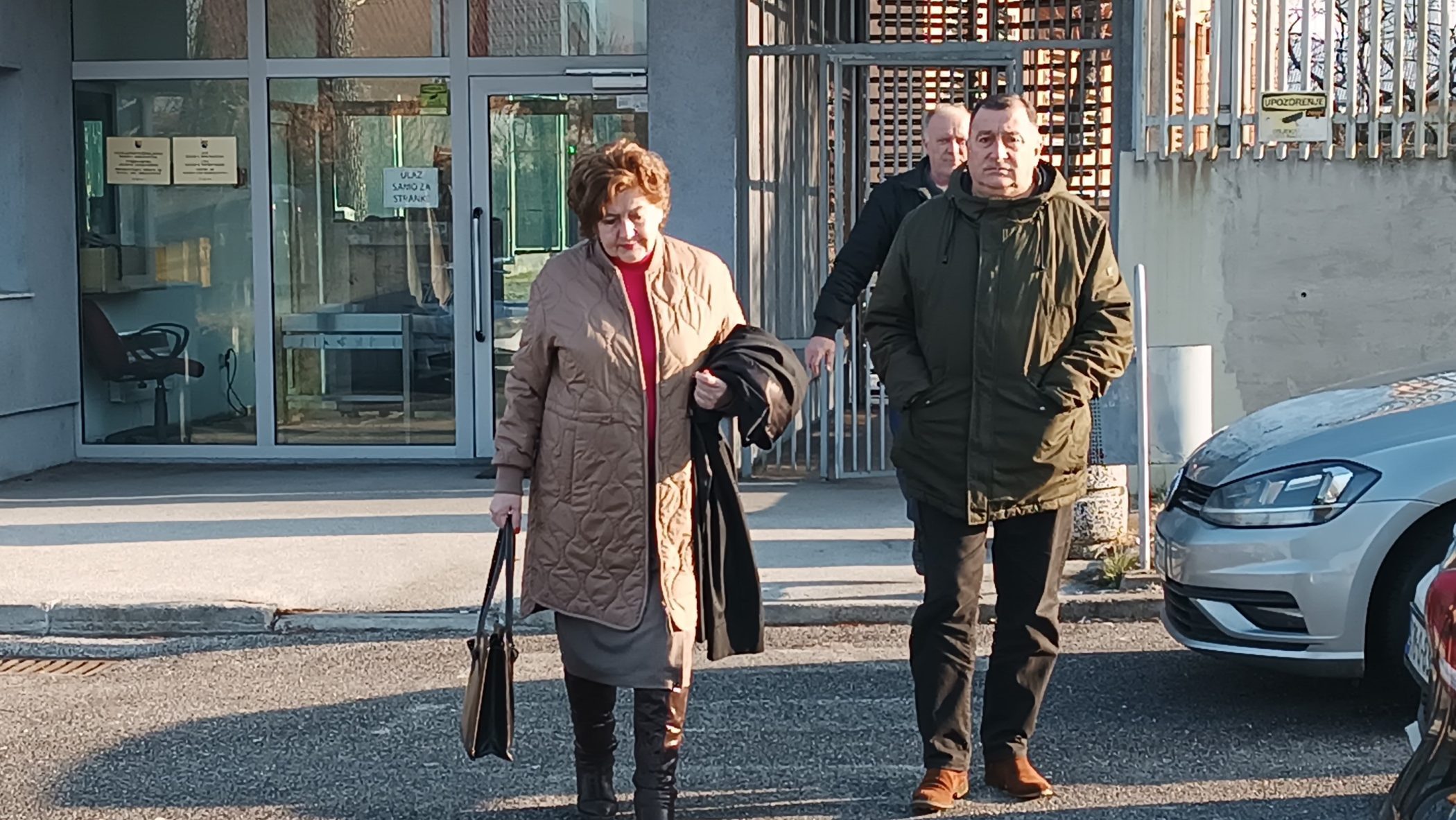This post is also available in: Bosnian
Vrucinic, the former chief of the public safety station and member of the crisis committee in Sanski Most, has been charged with participating in a joint criminal enterprise spanning April to December 1992. Acts of murder, forcible resettlement, unlawful detention and enforced disappearances were committed as part of the enterprise.
Goran Kerkez, a former member of the military police, testified at today’s hearing. Kerkez said a deadline was announced for people in the area to hand over their weapons over the radio. He said people brought their weapons to the Sanski Most police station and the search of houses in the area began when the deadline expired.
“We military policemen participated in it with active civil policemen, who knew the town and how to approach people…We didn’t enter civil buildings. Civil police did that. We were present in case military weapons were found,” Kerkez said.
Kerkez specified that the civil police were responsible for confiscating licensed pistols, while Kalashnikovs, mines and explosives fell under the responsibility of the military police.
Kerkez said his commander, Vlasto Vidovic, ordered him to to go to Ibro Eminovic’s house and tell him he needed to report to the military police for an informative interview. He said he handed Eminovic over to a soldier.
“I heard Ibro was killed….Those were rumours. All sorts of rumours were circulated in cafes,” Kerkez said.
Responding to state prosecution questions on events in Mahala and Vrhpolje, Kerkez said buildings in those villages were damaged. He said he didn’t go to Vrhpolje, but was present in the area.
Kerkez said the Sixth Krajiska Brigade of the Bosnian Serb Army passed through those villages and that damage was caused by bullets fired during combat.
“Vrhpolje looked like Mahala. There was visible damage on buildings…Those gentlemen didn’t want to hand over their weapons, so a conflict occurred,” Kerkez said.
Kerkez said he was unaware of the military police having a detention facility.
Kerkez said there was a checkpoint in front of the Betonirka factory, where both the military and reserve policemen were located. When asked whether civilians were detained in the Betonirka factory, Kerkez said it was possible.
The defense asked Kerkez if Vrucinic ever gave a written or verbal order to apprehend anyone. Kerkez answered negatively.
The trial will continue on February 19.

